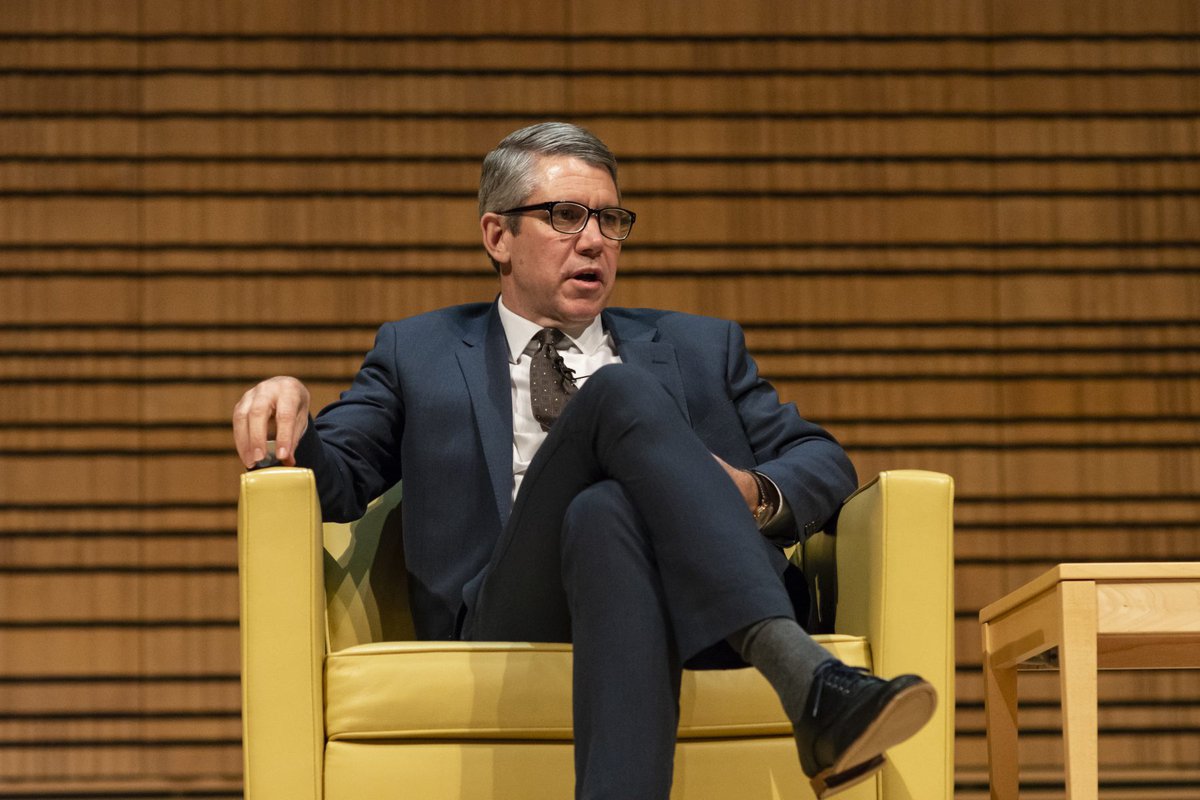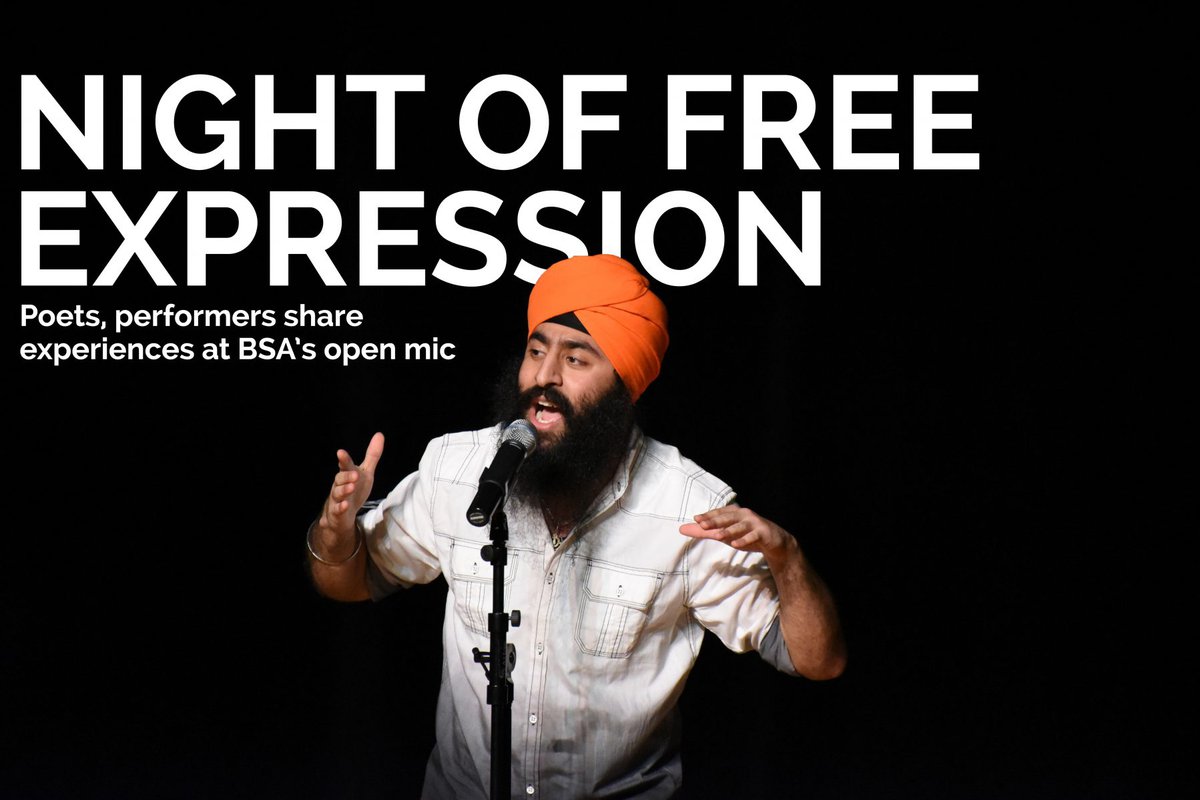Winners announced, Russo reads at McKinney Writing Contest awards
The awards for the annual McKinney Writing Contest were given out on April 3 in a packed Center for Biotechnology and Interdisciplinary Studies auditorium. There are four categories: creative nonfiction, fiction and drama, electronic media, and poetry. Each category has an undergraduate and graduate division. Jamie Steele and Hazelle Lerum won first prize in poetry in the graduate and undergraduate divisions, respectively. Igraine Perkinson and Ziqing Wang won first prize in electronic media. Jay Franklin won first prize in undergraduate fiction. No award was given in graduate fiction. Lauren Gasior and Lisa Knuckey won first prize in creative nonfiction.
Attendees spilled out into the lobby and stood to watch the ceremony through the doors. Three professors from Rensselaer’s Department of Communication and Media began the event. Professor Merrill Whitburn thanked the contest’s organizers, sponsors, and contestants, while Professor Barbara Lewis spoke about the history of the McKinney contest. Then, Professor Shira Dentz thanked everyone who submitted to the contest, and the winners were announced.
Following a brief introduction, Richard Russo came onstage. He talked about how delighted he was that Rensselaer not only had a writing competition, but a paid writing competition. He talked about his first published short story. He submitted it everywhere that might accept it and, after several months, an obscure magazine did. He was paid in contributors copies. When he received them, they were made of thick pulp paper stapled together by hand.
Russo continued discussing his early beginnings in writing and read one of his oldest short stories, “Getting Good,” from his new book of collected essays and stories, “The Destiny Thief.” The story is a second-person narrative of his middle school attempt at starting a band and an ill-fated Battle of the Bands competition. “You’re up first. People are still arriving when you play your two-song set, which only people standing next to you can hear. Later your friends drift over and ask you when you’re going on, and you have to explain that you already did. No surprise, you finish last.”
Jumping ahead in years, Russo read a memoir about an American-Bulgarian writers conference and retreat shortly after the fall of the Soviet Union. He talked about the Bulgarians finding their voice after so many years of Soviet censorship. He felt they had a lot to say but weren’t used to saying it. He would work with them in the daytime and at night he heard them singing. “My room was on the third floor, its balcony overlooking the patio below, and I was awakened several times each night by singing that became more boisterous as the hours lengthened. Bulgarian folk songs came first, though at some point those segued into American rock and pop. There seemed to be a special fondness for Bon Jovi, and that first night, when I heard them bellowing, ‘Oh! We’re halfway there. Oh-oh, livin’ on a prayer,’ I went out onto the balcony and peered down into the dark, thinking a few Americans and Brits had rejoined them, but no, the singers were all Bulgarian.” Russo was committed to the story and sang the Bon Jovi lyrics, later singing Bruce Springsteen lyrics as well.
Russo then took questions from the audience. He was asked about the difference between writing his more comedic stories versus his emotional ones about his mother in his newest book. He talked about his mother’s obsessive-compulsive disorder, her death, and how writing helped him get closure. Another audience member asked if he ever had writer’s block. Russo explained that when he was a new writer, he was also a full-time professor and forced himself to write during his 45-minute lunch breaks. This habit stuck and he never had trouble writing even when he had more free time. He was asked if he ever felt like he was talking to his characters while writing. He responded, “If it ever gets to that point, please have me committed,” explaining that while he enjoyed living in the character’s world, he never went so far as to have imaginary conversations between him and them. Russo thanked the audience and took pictures with the award winners. After, he signed books in the lobby.
The full list of award winners for the McKinney writing contest will be posted on the Department of Communication and Media’s website later this week.

 Empac Event
Empac Event
 On-Campus Event
On-Campus Event